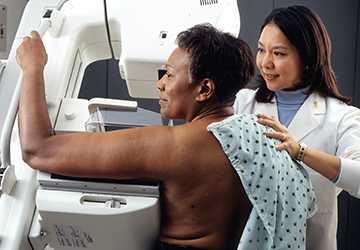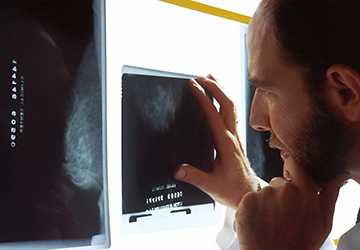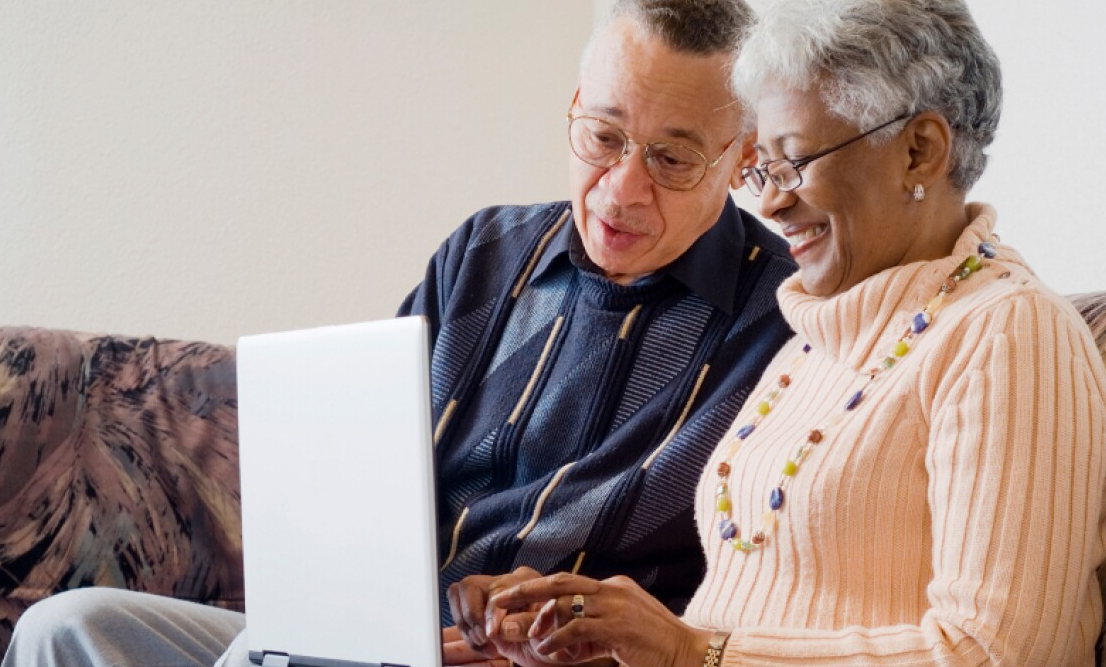Cancer can affect anyone, regardless of age, gender, or lifestyle. Therefore, it is vital to be informed about risk factors and early symptoms.
Catching cancer early dramatically increases survival rates and treatment options. Some cancers can even be prevented through early detection and lifestyle changes.
We all hope to live long, healthy lives. Preventative measures help make that possible. Learn the essential insights into early cancer detection and how to reduce your risks. Early detection saves lives.
In this blog post, we'll talk about 5 Essential Insights for Early Cancer Detection that everyone should know.
These vital points will empower you to lower your cancer risks and catch any warning signs immediately. Read on to learn how early detection can save your life.

Insights to Beat Cancer with Early Detection
We all know cancer is scary, but catching it early on can make a world of difference. Here are five essential insights on early cancer detection that could save your life.
1.Understand Your Family Health History in Depth
Taking a close look at your family's cancer history can indeed be lifesaving. The document which closes blood relatives have had cancer and what types. Discuss inherited genetic risks with your doctor.
Those with a strong family history may need to start cancer screening tests years earlier or get specific genetic tests.
For example, frequent breast or ovarian cancer in a family history may indicate BRCA gene mutations that necessitate earlier and more frequent mammograms and Pap smears.
Know your pedigree of cancer to determine your risk levels and needed safeguards.
2.Carefully Follow ALL Recommended Screening Guidelines
Major health organizations, like the American Cancer Society, publish screening guidelines for various cancer types based on risk factors. These guidelines outline what tests to get and when to start and repeat them.
Even without symptoms, following these guidelines to the letter gives the best chance of early detection. Catching cancer before you even feel sick significantly boosts outcomes.
For example, colorectal cancer screening via colonoscopy should begin at age 45 for average-risk patients. Make sure you know what screening tests apply to you based on your health history and discuss them with your doctor.
Diligently adhere to the recommended timeline.
3.Be Vigilant About Distinct Early Symptoms of Different Cancers
Cancer symptoms often seem innocuous initially, but showing vigilance to subtle changes can make all the difference.
Pay attention if you experience bleeding or discharge from your nipples or anywhere else, have trouble swallowing, prolonged heartburn, a sore throat or hoarse voice that persists, unexplained bone pain or fractures, frequent infections, or feel "off" in general.
Know that every cancer has its unique hallmarks. Listen to your body's warnings and seek medical advice promptly. The sooner testing begins, the better.
4.Lead the Healthiest Lifestyle Possible to Avoid Cancer
Did you know over 50% of cancer cases are preventable through lifestyle factors entirely within our control? You have more power than genetics!
Avoid tobacco, exercise routinely, limit alcohol, maintain healthy body weight, add cancer-fighting foods like leafy greens to your diet, reduce processed meat consumption, take infection precautions, protect skin from sun damage, minimize radiation exposure from too many scans, get enough Vitamin D and sleep.
Making these positive choices day in and day out significantly lessens cancer risk. Healthy habits let cells repair properly and prevent mutations.

5.Routinely Do Simple Self-Exams at Home
Easy, regular self-checks further enable early detection between doctor visits. Women do monthly at-home breast self-exams to feel for lumps/changes, and men do monthly testicular self-exams to notice any new masses.
Everyone, scan your skin once per month, noting any odd moles or marks. When you know your body well, you notice something off.
Promptly report anything worrisome to your doctor for further testing immediately. Early analysis of areas you can self-monitor can help catch cancer in its initial stages.
Conclusion
Catching cancer in its early stages before it spreads makes a monumental difference in survival rates and treatment options. Arm yourself with the knowledge to reduce your risks and recognize subtle early symptoms.
Follow screening guidelines, make healthy lifestyle changes, do self-checks, know your family history, and understand cancer's progression. Early detection combined with prompt treatment provides the best hope for recovery.
Use these essential insights to take control of your health, improve cancer outcomes, and possibly even prevent this devastating disease. Remember, early detection saves lives!
Frequently Asked Questions
Q. What are some common early signs of cancer?
Ans: Common early signs of cancer include unusual lumps or swelling, ongoing fatigue/weakness, sudden unintended weight changes, chronic pain or nausea, unusual skin changes like dark moles or sores, and unusual bleeding.
Q. What lifestyle changes can reduce my cancer risks?
Ans: Important lifestyle changes to reduce cancer risks include maintaining an ideal body weight, routinely exercising, limiting alcohol consumption, quitting smoking, protecting your skin from excessive sun exposure, avoiding processed meats, and getting sufficient sleep.





